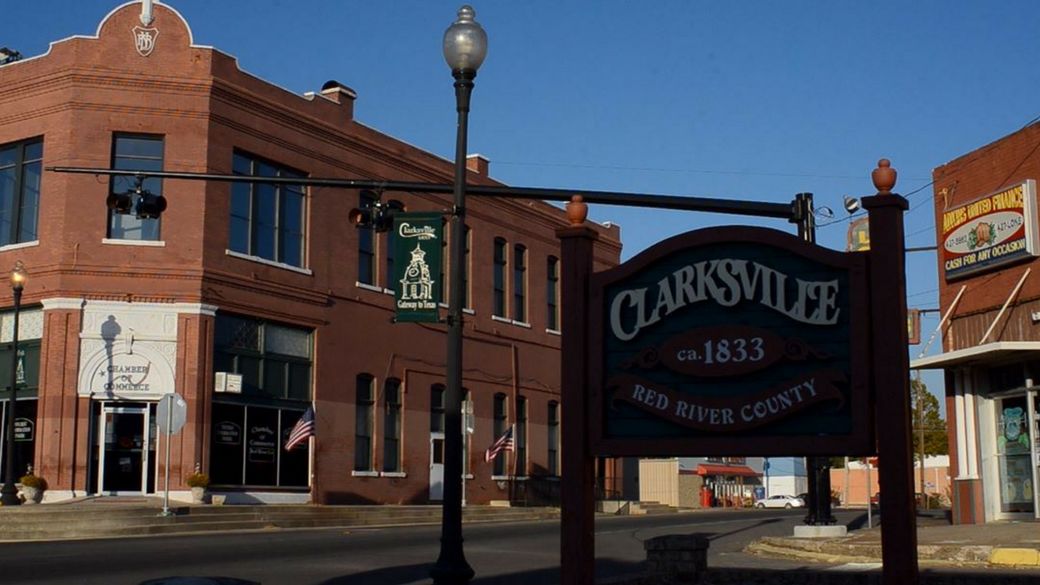Ministry With: The Zip Code Connection
One ministry in the North Texas Annual Conference is living into a new vision of ministry.

A central truth at the heart of Ministry With the Poor is that individuals are experts about their own lives. Transactional ministries that make assumptions about what others need fail to recognize the power and agency of individuals to name their experiences.
One ministry in the North Texas Annual Conference is living into a different vision of ministry. We spoke with the Rev. Andrew Fiser to learn more.
Tell us about the ministry.
The Zip Code Connection was first imagined with two orienting goals:
- To focus the collective United Methodist resources and relationships on ministry with neighbors in two areas, one rural and one urban, working to overcome systemic oppression and/or generational poverty, and
- to extrovert the learnings that happen in these two areas to the rest of our conference so that we can replicate similar work across North Texas.
The Zip Code Connection has undergone significant changes and development since its inception in 2013. We updated our name — “connection” rather than “project.” We also have a re-framed mission — “creating vibrant and thriving communities” rather than “eradicating poverty.”
What dream is the ministry pursuing?
The Zip Code Connection pursues the dream that residents of Clarksville/Red River County and South Dallas – Fair Park have for their own neighborhoods and community. The best way we have found to articulate the dream so far is to work with residents and partners to help these two areas become more fully “vibrant, thriving communities recognized as a good place to live, work, learn, do business, raise children and practice one’s faith.” Over the next year, both areas are convening local advisory teams to guide their development, knowing that local leadership must be encouraged and nurtured to create sustainable futures.
Is there a particular moment or memory that stands out for you?
I was inspired when our Red River County/ Clarksville Advisory Team decided, without prompting, that they needed to pray weekly together for the community and their work. This may seem overly simple, but I believe this was a sign of God working in this diverse group to accomplish the work of the Kindom where we are all sisters and brothers made in the image of God.
What have your neighbors (those utilizing services) taught you in doing this work?
Our neighbors have taught us about the importance of keeping promises. In both communities, outsiders have historically over-promised and under-delivered. When outsiders encounter the persistent issues of generational poverty that tend to hold residents back from accomplishing their hopes and dreams for the community, many outside groups and organizations depart for greener pastures. Over time, some have expressed feelings of abandonment, especially after job-producing industries have left the area. Thus, outsiders are viewed with understandable mistrust. Additionally, residents tend to distrust do-gooders, however well-meaning they may be and carefully crafted their messaging. Some fear being hustled by consultants and organizations who come and go without making the difference that is expected. Neighbors teach us that effective community development work requires patience, honesty, and humility.
What challenges have you encountered, and how have you adapted?
One of the major challenges we have encountered has been re-building trust after having to set aside a major economic development initiative, once we learned it was too large a work for us to accomplish. After broadly publicizing a plan for an entrepreneur center that would incubate South Dallas – Fair Park businesses and jump-start the local economy, it became clear to new leadership that we did not have the capacity to fulfill our promise to turn a very creative dream into reality. Candid one-on-one conversations with community and United Methodist stakeholders have been difficult, some have yielded new possibilities for future endeavors.
What advice would you give to others who are working to be in ministry with?
Here are a couple items of lessons I have learned through my own mistakes or the mistakes of others:
Firstly, relationships are the foundation for both community development work, but also for forming disciples of Jesus Christ. We cannot foist upon others our own agenda, identity, or will and expect things to go well. Relationships take time. The patient work of Christian community development and of Christian witness, in general, is not about “closing the deal” but about helping one another remember who we are – that is what truly changes lives in the name of the Gospel of Jesus Christ.
Secondly, I remind myself and others to begin ministry with the relationships one has, not the relationships one doesn’t have yet. Oftentimes, relationships already exist with communities, neighborhoods, and demographic groups one may feel called to serve alongside. Big ideas are great, but they can sometimes drive us to forget the assets and connections that could be leveraged to make a difference, instead of re-inventing the wheel. Who is already at work with those one feels called to be in ministry with that one can learn from, strengthen, or collaborate with for a common good.
And thirdly, my mentor, Rev. Judi Hoffman of East End UMC in Nashville, Tennessee, instilled in me an important lesson for ministry: Never deny others the opportunity to do the work that they need to do for themselves. Oftentimes, well-meaning do-gooders tend to over-function for others out of a since of service or guilt. What truly makes a difference in lives is to companion others. Many times, people just need someone to be there with them with generous hearts or generous physical food, but not try to take over their life for them.
How can people contact you if they are inspired by your ministry?
People can reach me at 972-526-5018 or fiser@ntcumc.org.